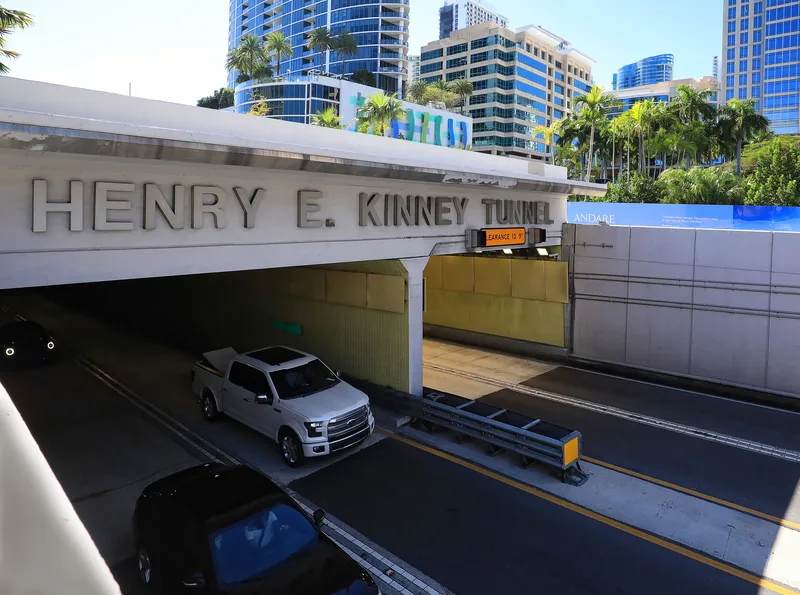Scania is to deliver 140 buses for public transport in Kristiansand, south-west of the Norwegian capital Oslo. The delivery includes Scania Citywide LE Suburban Hybrid, Scania Citywide LE Suburban and Scania Higer A30 buses, each in a range of specifications. All buses can run on biodiesel. The buses will go into service in July 2018 and will be operated by transport company Boreal Buss, on behalf of the public transport operator Agder Kollektivtrafikk.
September 5, 2017
Read time: 2 mins
The delivery includes Scania Citywide LE Suburban Hybrid, Scania Citywide LE Suburban and Scania Higer A30 buses, each in a range of specifications. All buses can run on biodiesel.
The buses will go into service in July 2018 and will be operated by transport company Boreal Buss, on behalf of the public transport operator Agder Kollektivtrafikk. Boreal Buss already operates 170 Scania buses in Norway.
The deal also includes a seven-year contract for Scania’s repair and maintenance programme Fleet Care. Fleet Care improves total fleet utilisation, provides better cost control and can also positively impact on cash flow. Scania’s engineers and technicians continuously diagnose and plan preventive action, thereby minimising disruptions in the transport flow.
“This is an example of Scania’s wide range of sustainable transport solutions,” says Karin Rådström, senior vice president and head of Buses and Coaches at Scania. “We’re not focusing on one solution, but many, which has helped us to fulfil the customer’s requirements.”









